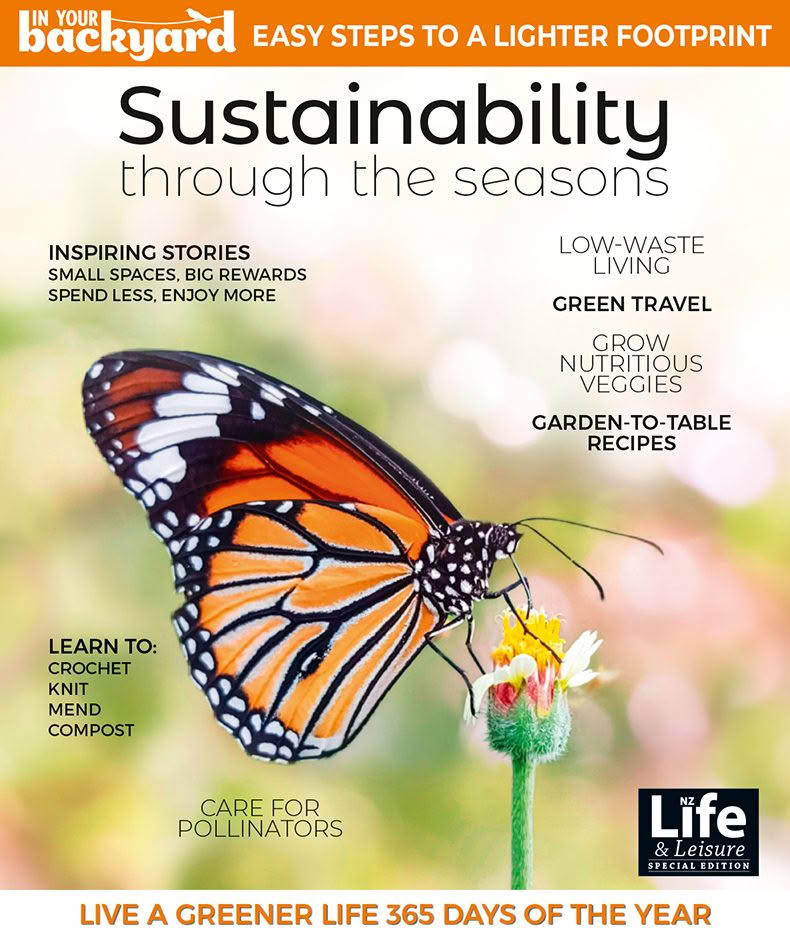LilyBee founder Stacia Jensen’s practical advice for low-waste living
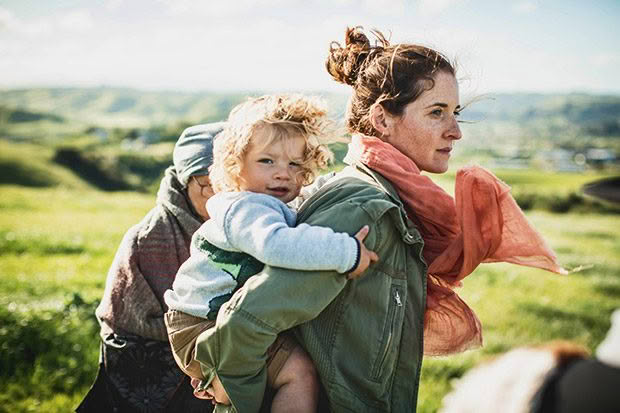
A Hawke’s Bay entrepreneur takes tiny steps to create a better world for future generations.
Words: Emma Rawson
Stacia Jensen’s baby and business were born at the same time. When the former yoga instructor was pregnant with her son she began worrying about the environment. An idea for a business to help reduce single-use plastic began to grow.
She started by melting beeswax, coconut oil and tree resin in a pot on the stove before soaking organic cotton in the mixture and turning it into a wrap to keep food fresh. By the time her son was born, the idea had solidified into LilyBee Wraps, an alternative to clingfilm.
Stacia became a first-time parent and first-time business owner, launching into the newborn blur of cloth nappies and late-night feeds while also juggling bulk orders of beeswax, invoices and GST receipts. It was hectic, but Stacia claims her business is stronger as a result. “I sometimes joke I had twins,” she says.
“When I was teaching yoga, caring for the environment was a natural extension of my teaching practices. But it wasn’t until the birth of my son that I fully took on board the enormity of the climate crisis and the importance of preserving the planet. My son and his future children are my motivation every day to do the work we do at LilyBee.”
Her little boy is now an active three-year-old racing around his home in Napier, and Stacia’s other infant, LilyBee, has also found its feet at a rate of knots. The wraps are now available in Countdown and online. Many orders come from overseas. The company has 15 staff, several of whom are mothers, and offers flexible working hours to accommodate school drop-offs and pickups.
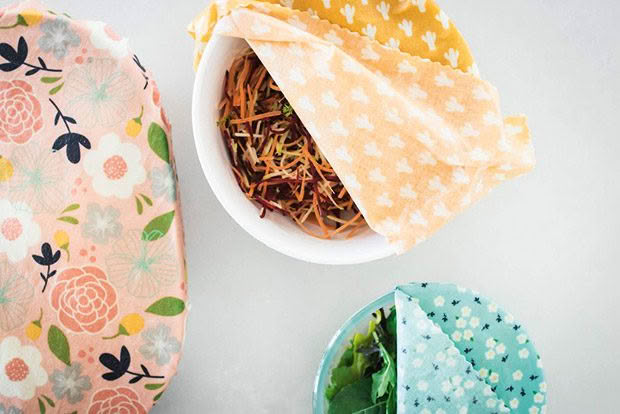
Stacia hails from the outdoorsy United States city of Portland, Oregon. Growing up, she liked to go camping, water-skiing and hiking. After the death of her first husband when she was in her 20s, a fresh start was needed. She fulfilled a life-long dream of visiting New Zealand, a country that had captured her imagination. That was 12 years ago, and she’s still in Aotearoa.
“It’s been a healing journey for me. I feel I’ve come full circle with the birth of my son and the launch of the business. I feel like I’m now giving back to the country that has provided me with so much.”
New Zealanders using LilyBee Wraps have prevented an estimated 18 million metres of plastic from being dumped in the landfill. (Clingfilm cannot be recycled in the Soft Plastic Recycling Scheme.) The wraps also tackle another pressing climate change issue: food waste. Covering food with a wrap can extend its shelf life, which in turn can reduce scraps. At the rubbish dump, food waste breaks down anaerobically, producing the harmful greenhouse gas, methane.
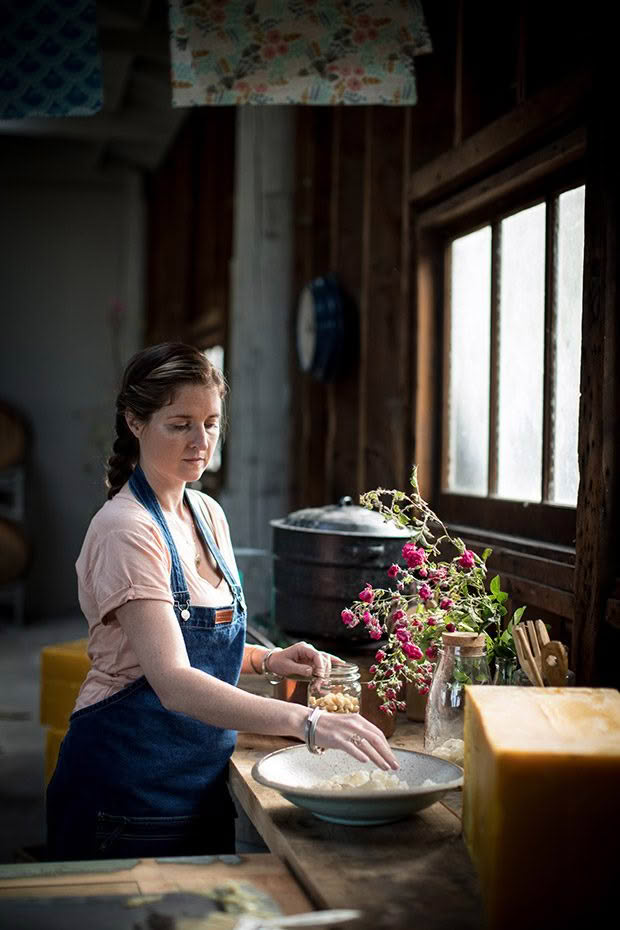
There are times, such as during the Australian bushfires, where the adverse effects of climate change feel insurmountable, says Stacia. But she tries to stay grounded. Her days start with yoga, followed by cuddles with Kio, and she tries to acknowledge the many small changes she is making to help the environment.
“Sometimes it’s all about celebrating the little wins. Goals are essential, but I try not to lose sight of the achievements that happen in an ordinary day.
“My best advice is to look at your life and notice where you can make the easiest, most impactful and enjoyable changes. For example, if you regularly buy a takeaway coffee, use a reusable coffee cup in a colour that makes you happy every time you drink from it. Or choose a reusable kitchen wrap with a pattern you love to look at when you open the fridge. Once you start making these easy and fun swaps, you’ll feel empowered and curious to see what else you can do.”
TIPS FOR A LIGHTER FOOTPRINT
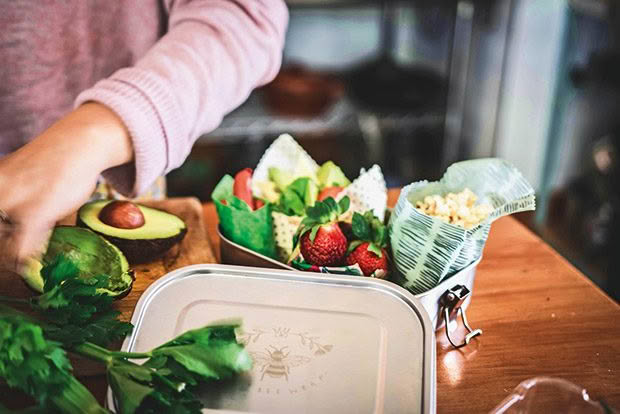
• Be mindful of toys: “I buy Kio wooden toys — instead of plastic — whenever I can.”
• Take a metal lunchbox: “I eat a lot of sushi, so I have two boxes that I use in tandem to avoid plastic trays.”
• Compost: “I have a bokashi bin, but composting is easy. In city centres, make use of shared composting schemes.”
• Buy carefully: “Bulk stores are popping up everywhere. I not only avoid plastic but find they help with food waste as I tend to buy only the amount needed.”
• Shop in farmers’ markets: “I shop local when possible, and love going to the Hawke’s Bay Farmers’ Market. The food is fresher, and it’s a fun thing to do on a Sunday.”
• Try LilyBee wraps and bags: “They are one of the easiest environmental switches to make.”
MY HOMEMADE BODY SCRUB
“I’m not the best cook, but I make great home products. My favourite is a shower sugar scrub to exfoliate and moisturize the body. Combine 1 cup of raw brown sugar and between 1 and 3 tablespoons of sweet almond oil. (Use more or less oil depending on preference.) Exfoliate at the end of a shower and wash off the sugar. I use extra oil in the autumn/winter when my skin needs additional nourishment.”
STACIA’S FAVOURITE ECO-PRODUCTS
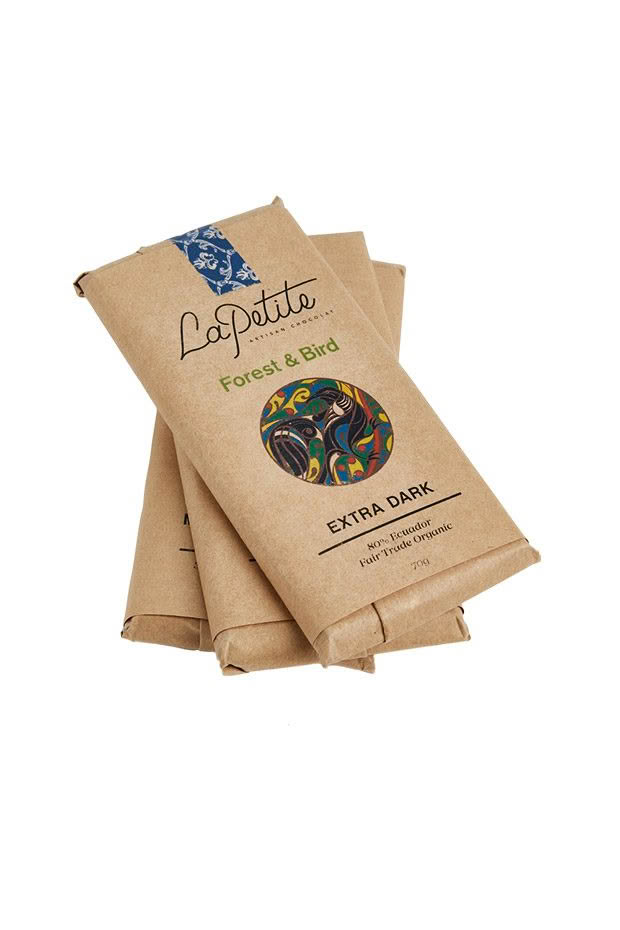
2. Air New Zealand’s carbon-offset scheme.
3. Ethique shampoo and conditioner bars.
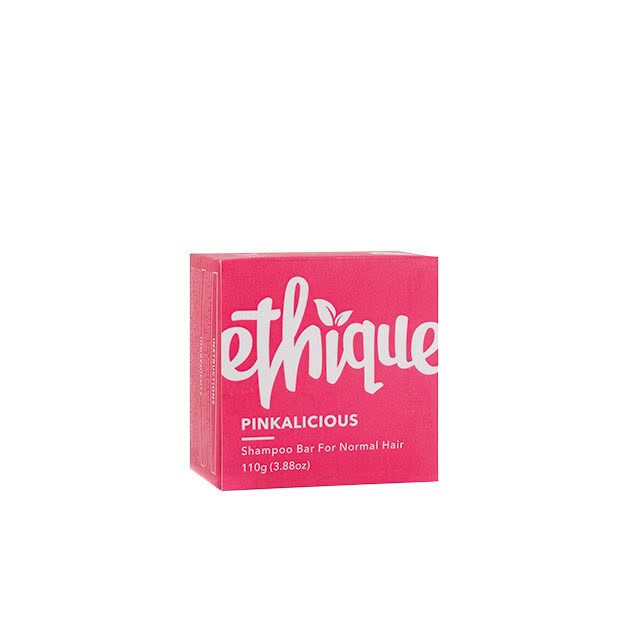
4. Hello Cup menstrual cups.
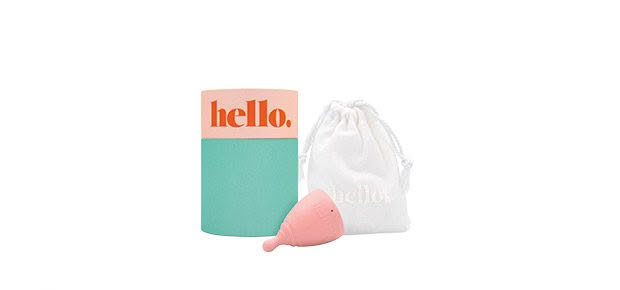
5. Reusable shopping bags.
6. The Barefoot Bottles Milk Truck: “It fills up my glass bottles of Origin Earth milk each week.”
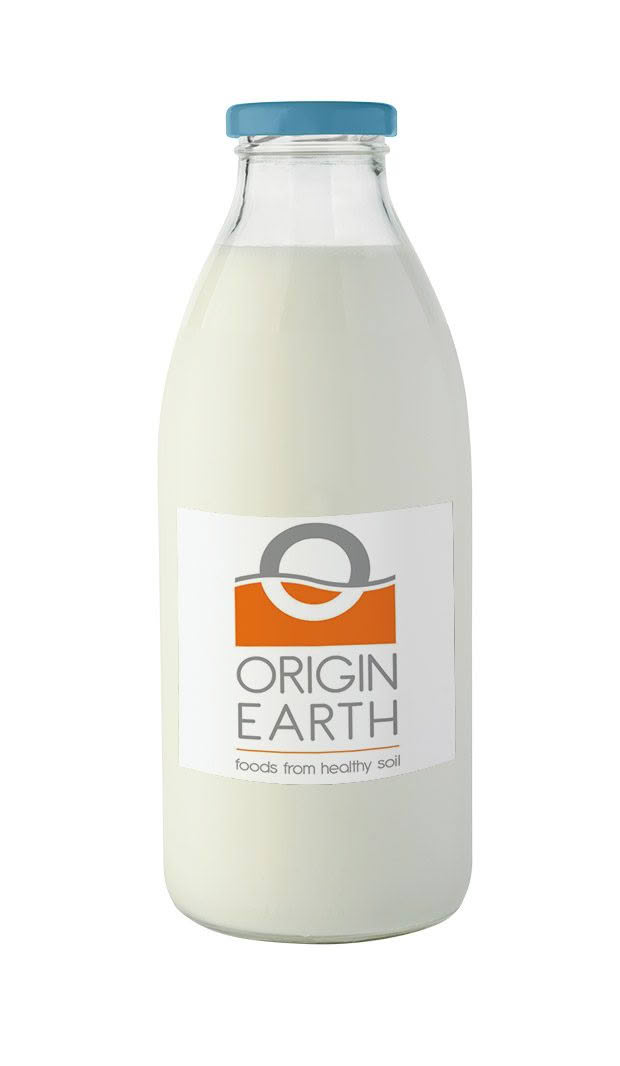
7. LilyBee snack bags and wraps (of course).
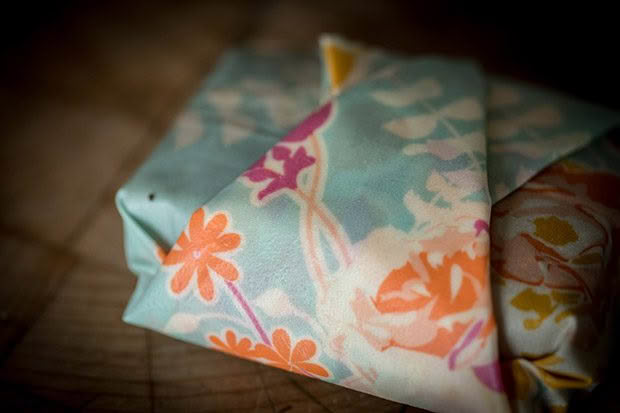
8. Stainless-steel clothes pegs: “I avoid plastic pegs, which often break down in the sun.”
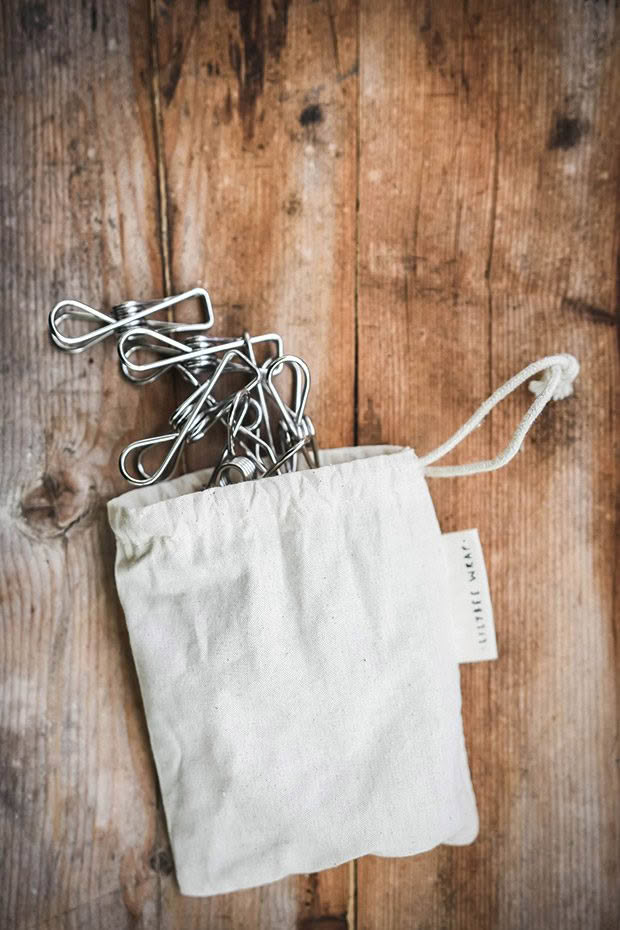
Read more stories like these in our latest special edition, Sustainability Through the Seasons.
